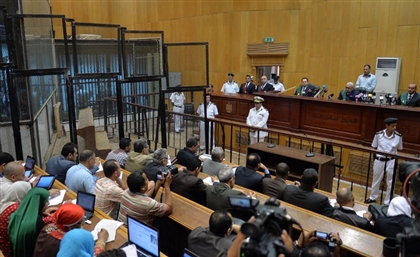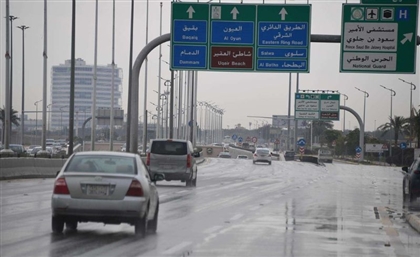Dubai Law Enforces Travel Bans, Asset Freezes for Financial Misconduct
The updated law grants the FAA new powers to conduct investigations, enforce penalties, and implement stricter disciplinary measures.

In a recent move to reinforce regulatory transparency and accountability, Dubai’s government has announced a key legislative amendment to the Financial Audit Authority (FAA) law, introducing specific measures aimed at tightening controls on financial misconduct within the Authority. The amendment redefines articles within the original 2018 law, granting the FAA new powers to conduct investigations, enforce penalties, and implement stricter disciplinary measures on offending employees.
Under this amended framework, the FAA’s Director General now has the authority to address both minor and major infractions through a series of prescribed disciplinary actions. For minor violations, employees may face internal penalties, which the Director General can choose to escalate if deemed necessary. However, if an offense is determined to be criminal, it must be escalated to the Dubai Public Prosecution for potential legal action. Among the most impactful provisions are the introduction of asset freezes and travel bans on employees under investigation, which may initially last up to three months and can be extended as needed.
The updated law also introduces a structured pathway for appealing penalties. Following a decision by the Director General, employees have a seven-day window to request a review. Should violations involve senior officials or remain unaddressed by the Authority, they will be referred to the newly established Central Violations Committee, an independent body composed of three appointed members. This committee has the power to uphold, increase, or dismiss imposed penalties, based on the severity and evidence of each case.
Further supporting the legislative framework, a permanent Grievances Committee has also been established within the FAA to streamline the appeals process. Appointed by the Authority’s Director General, this committee is composed of a chairperson, representatives from the Supreme Legislation Committee, and a CEO from another government entity. Their role is to review grievance applications and ensure appeals are handled transparently. While the Grievances Committee’s decisions are administratively binding, employees retain the right to pursue judicial recourse if desired.
- Previous Article Italian-Palestinian Duo No Input Debuts Eponymous Electro EP
- Next Article A Century of Hospitality: Discover Egypt's Historical Hotels
Trending This Week
-
Dec 12, 2025



























